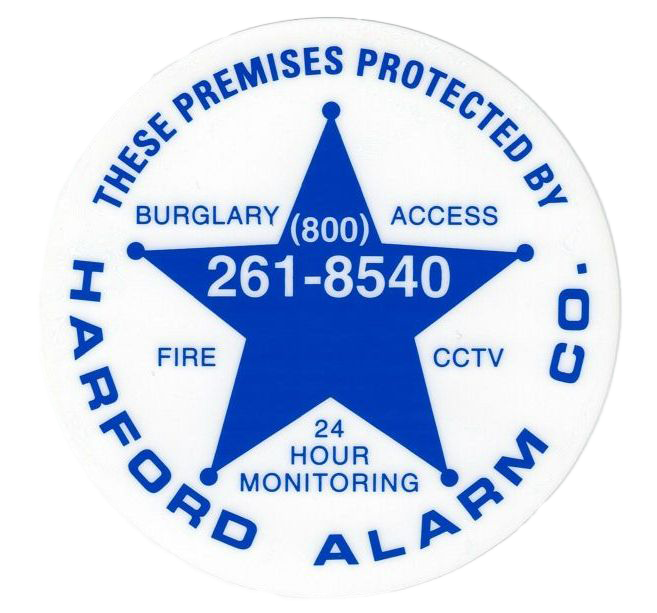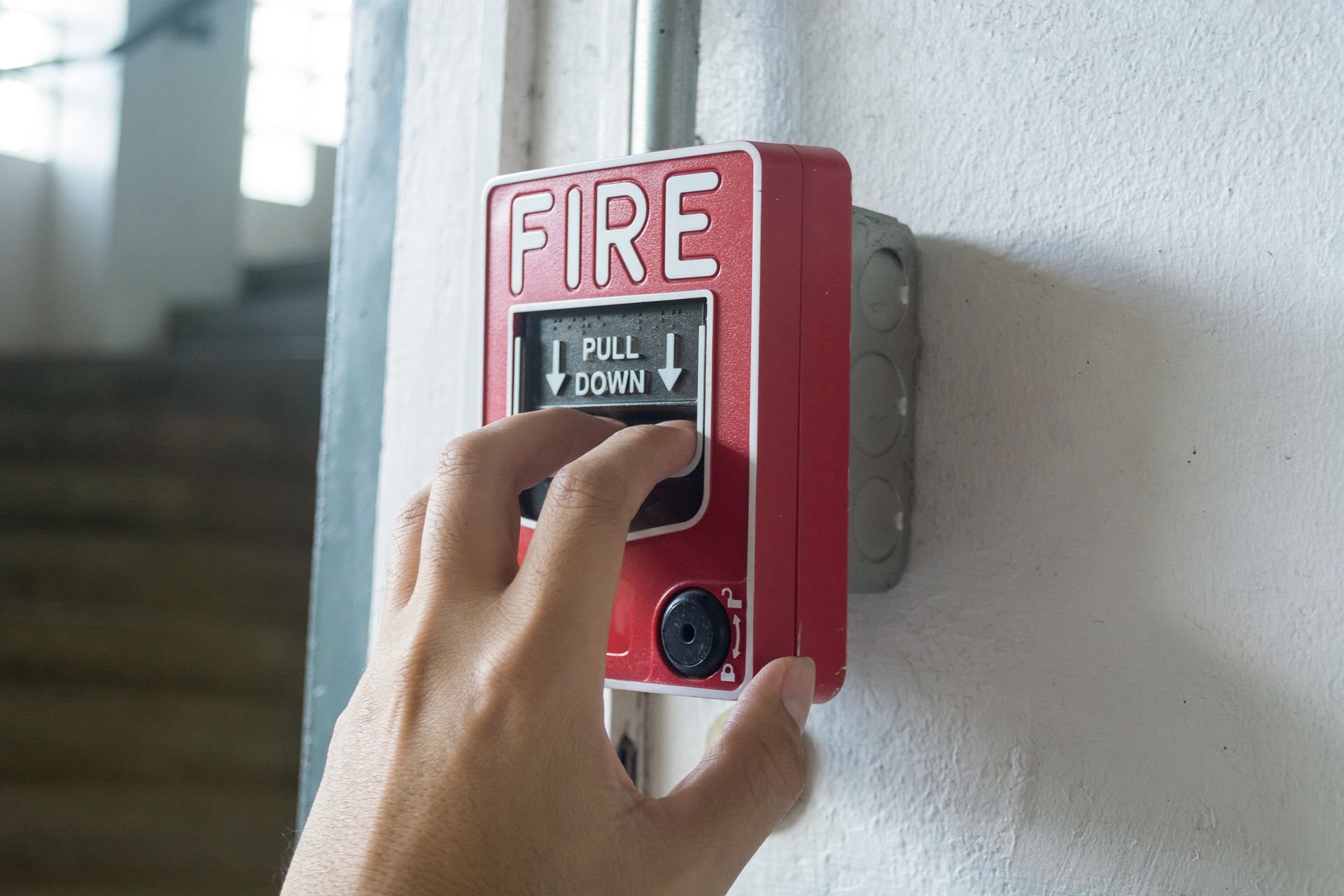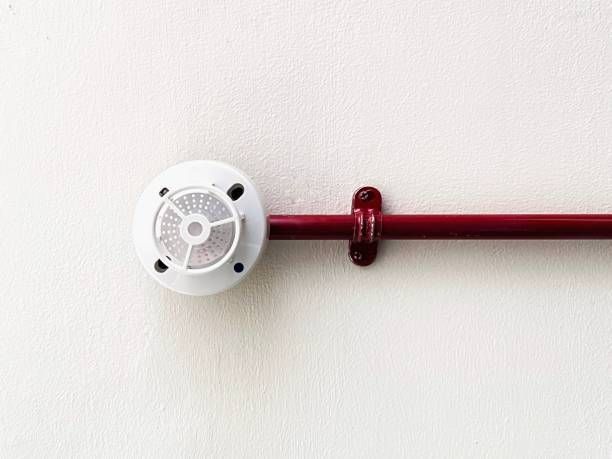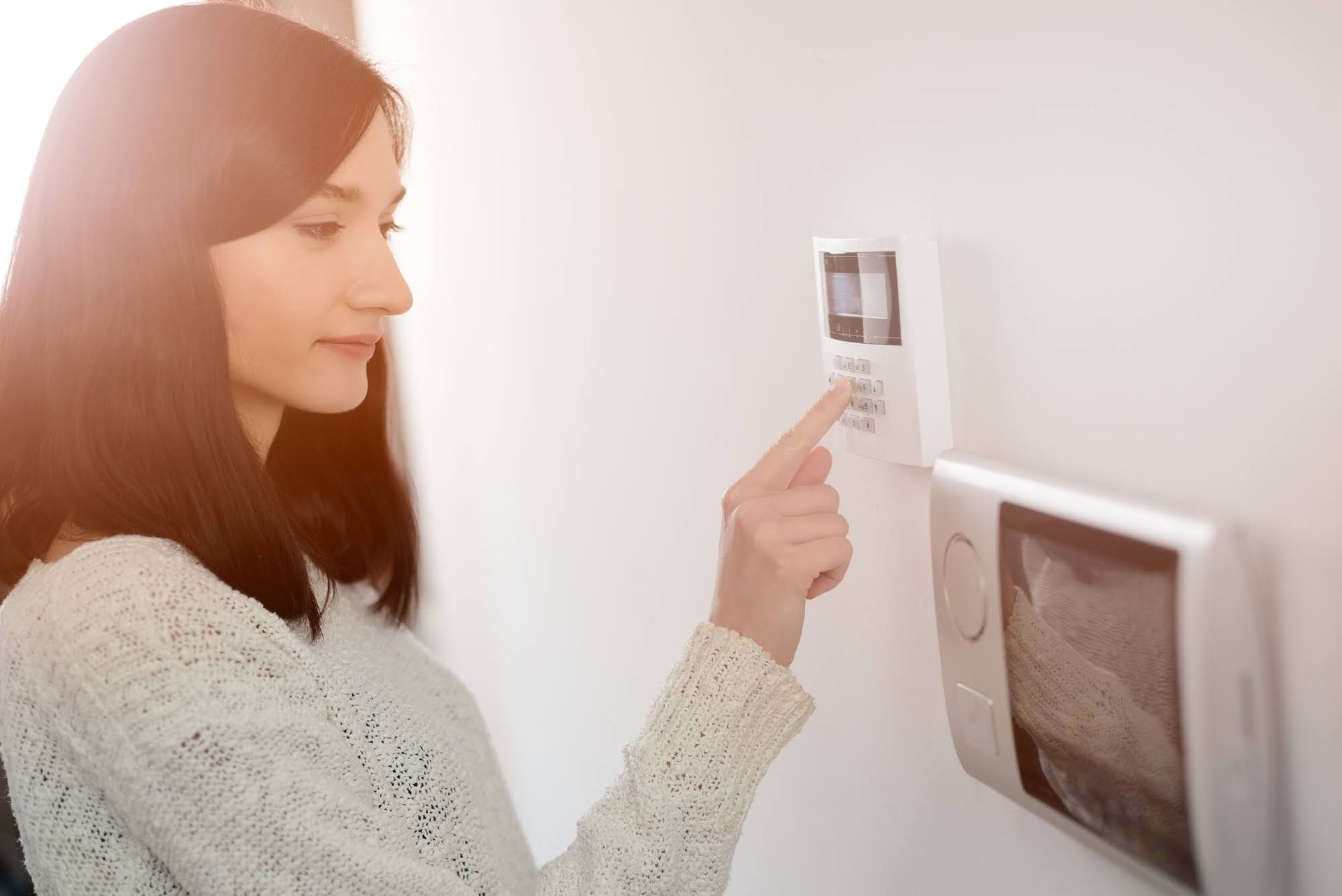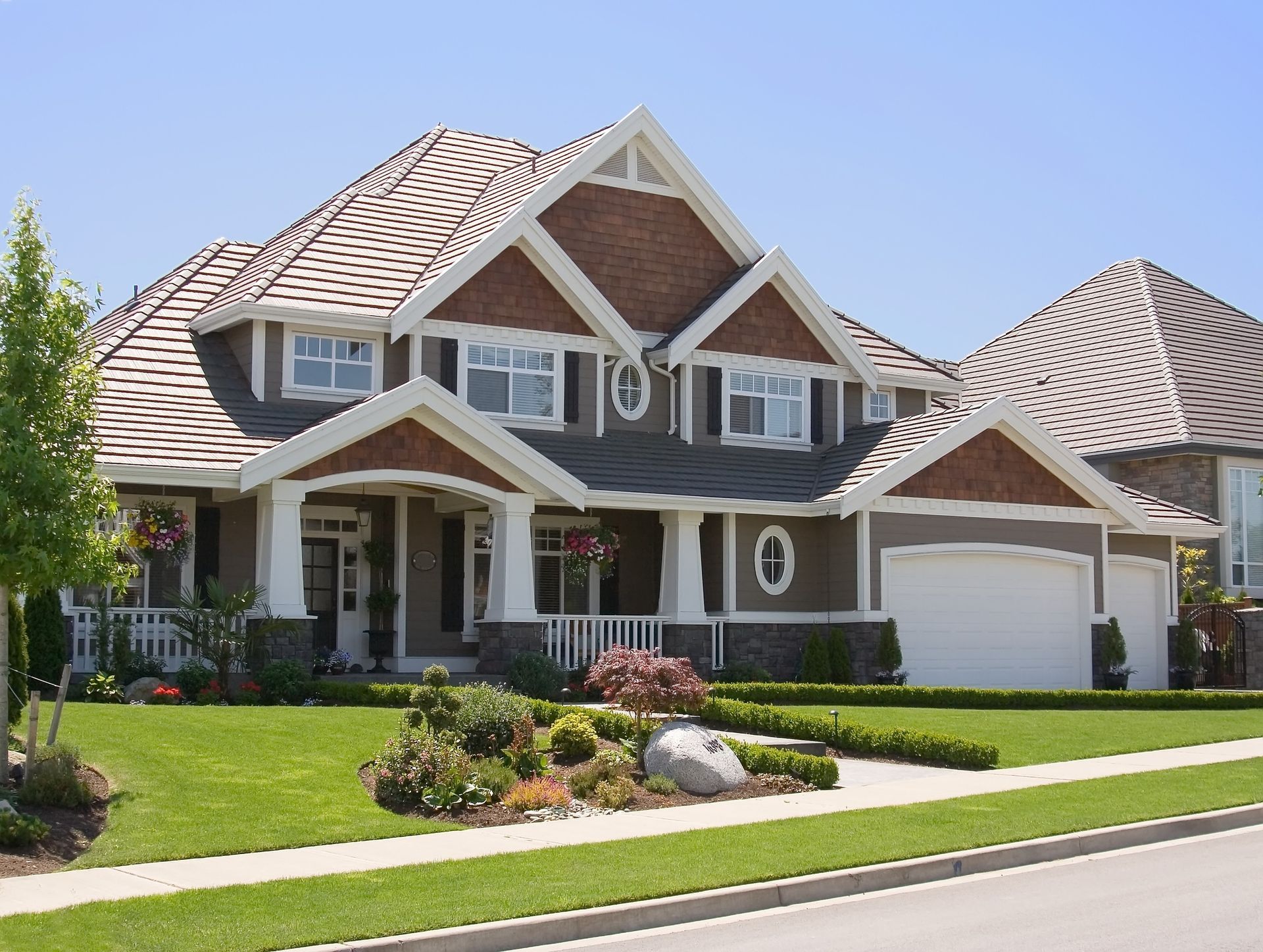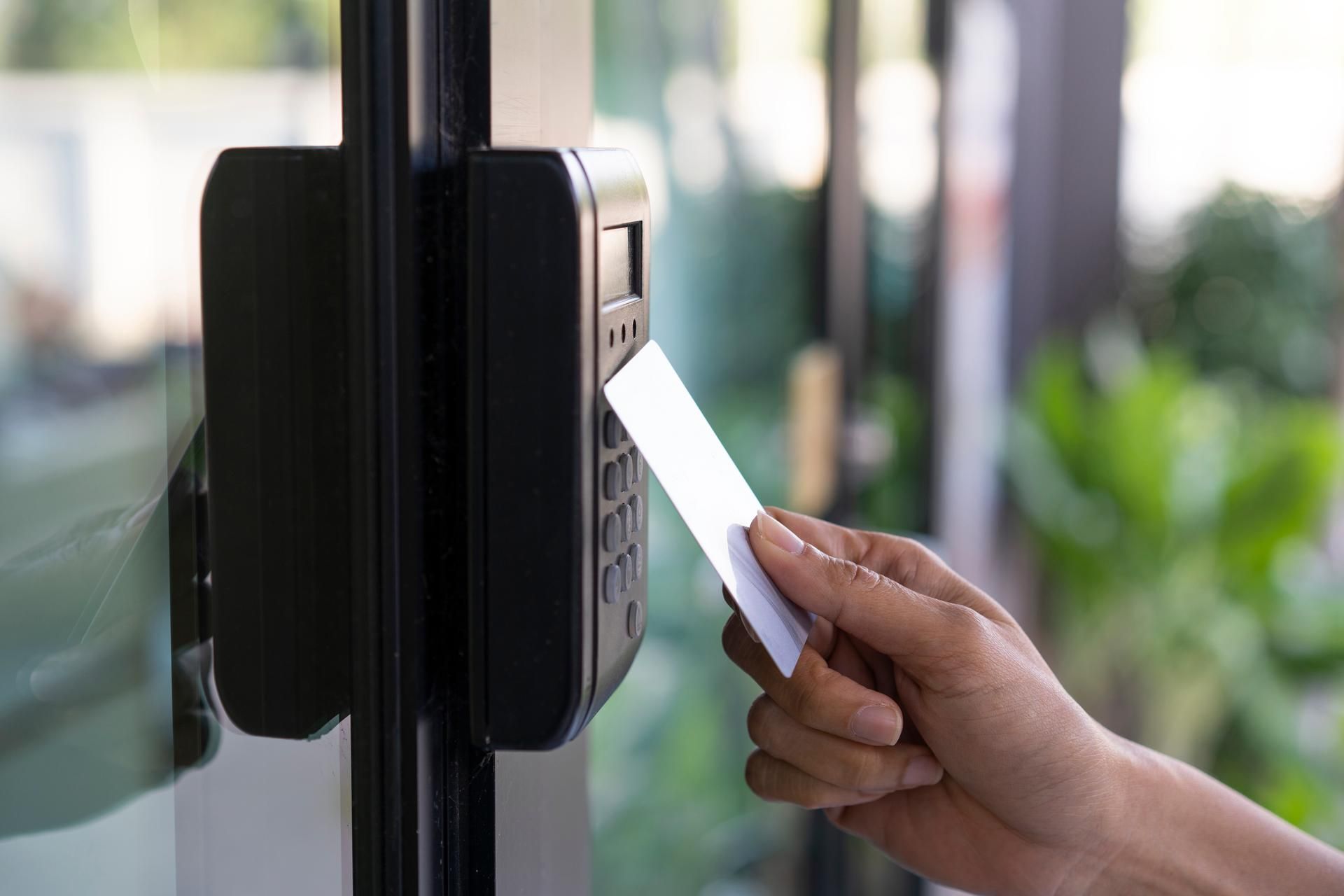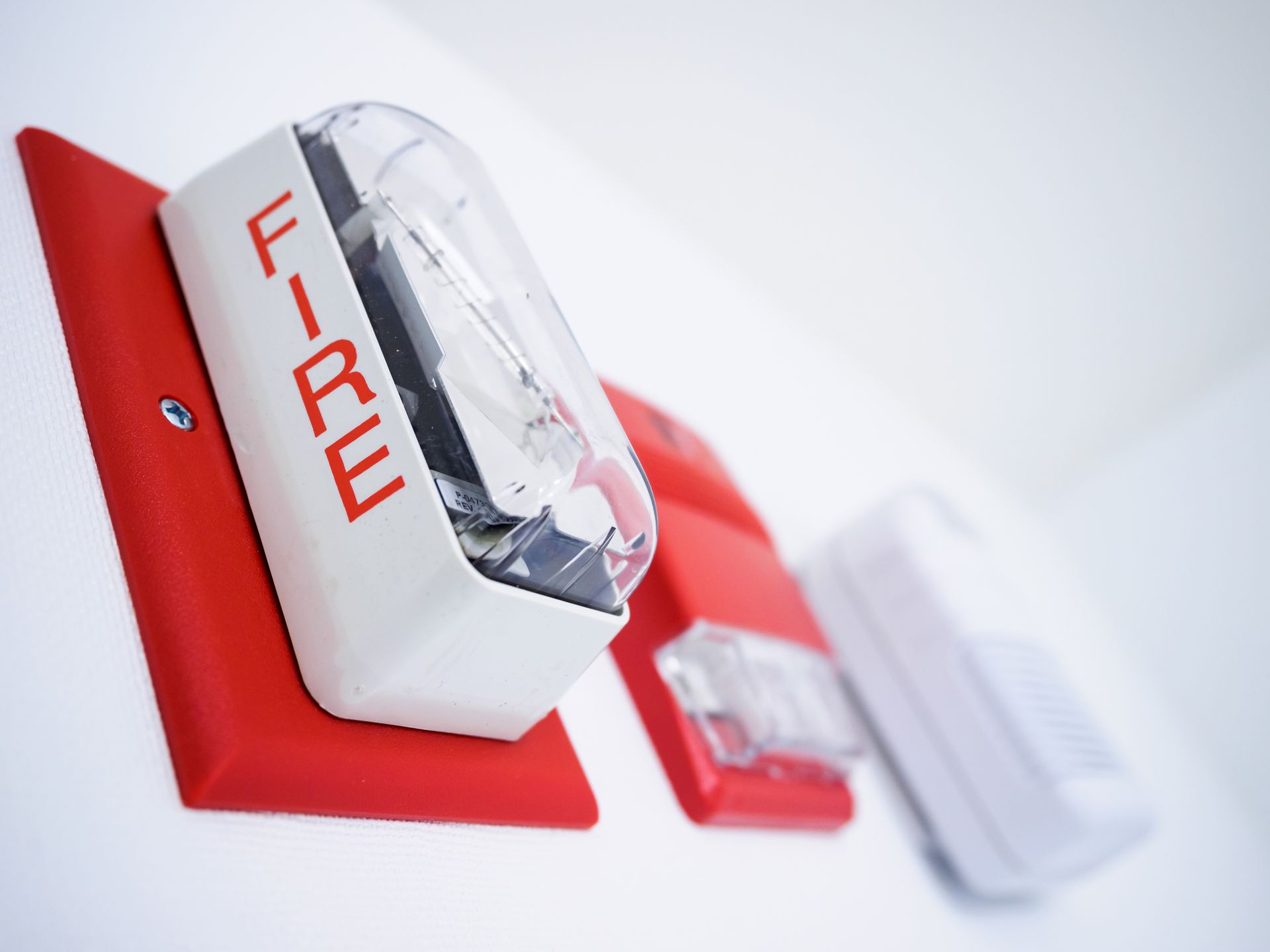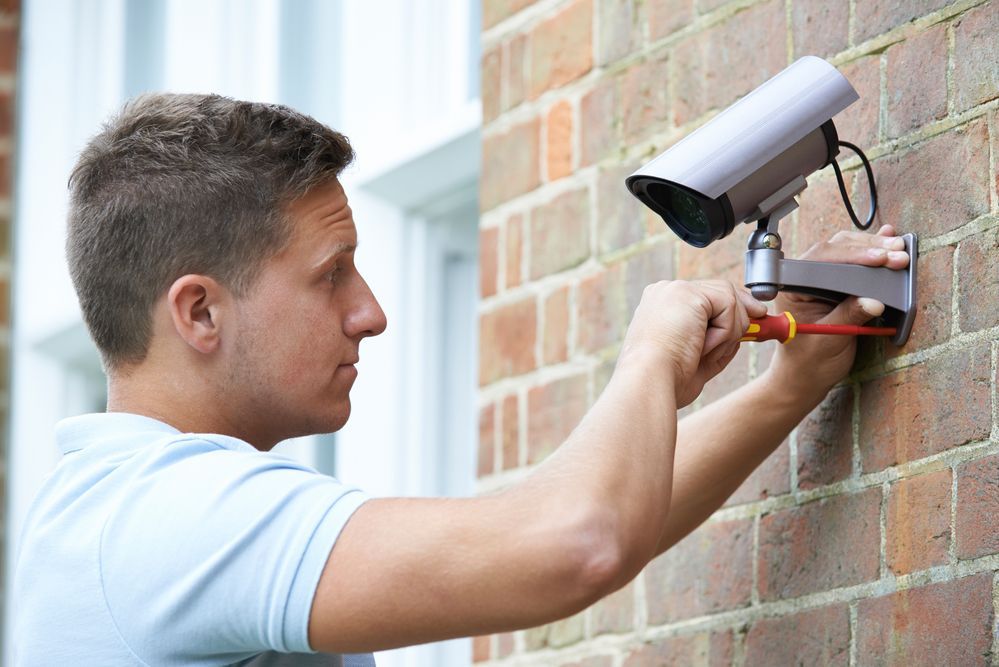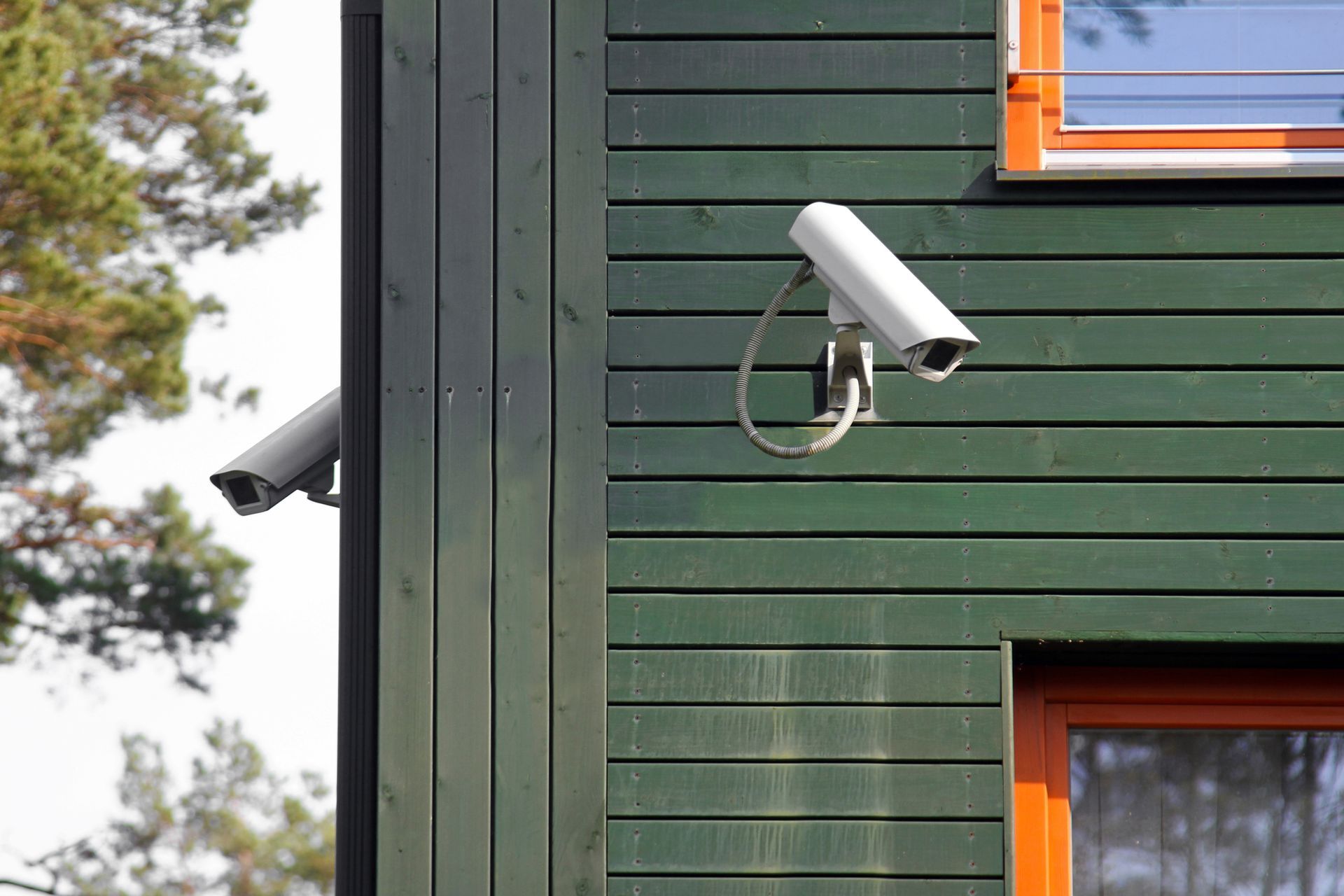Considerations for Your Store's Security Camera Installation
In today's retail environment, ensuring the safety and security of your store is paramount. One effective way to do this is by installing security cameras. They deter theft and help monitor customer and employee activities, providing you with peace of mind. However, before you proceed with the installation, there are several important considerations to keep in mind. These factors will ensure that you choose the right system tailored to your store's security needs and optimize the installation process.
Determine Your Security Needs
Before purchasing a security camera system, assess the specific security needs of your retail store. Consider what areas require monitoring, such as entry and exit points, cash registers, stockroom, and high-value merchandise sections. Understanding these needs will help you decide the number and types of cameras necessary for comprehensive coverage. This approach will guide your decision-making process when selecting the best retail security cameras.
Choose the Right Camera Type
Security cameras come in various types, including dome, bullet, and PTZ cameras. Dome cameras are ideal for general surveillance as they provide a wide field of view and are less conspicuous. Bullet cameras are suitable for targeting specific areas due to their long-range capabilities. PTZ (pan-tilt-zoom) cameras offer flexibility for monitoring large spaces, allowing you to control the camera's view remotely. Consider the layout and specific requirements of your store when selecting the appropriate camera type to maximize coverage.
Consider Camera Resolution
Resolution is a crucial factor when choosing security cameras for your retail store. Higher-resolution cameras capture clearer images, which can be vital for identifying individuals or incidents. Opt for cameras with at least 1080p resolution to ensure detailed footage. In some cases, you may need higher resolutions for areas with high foot traffic or valuable products. High-quality footage can make a significant difference in effectively addressing security concerns.
Ensure Proper Camera Placement
Strategically placing security cameras is essential for effective surveillance. Position cameras at entry and exit points, near cash registers, and in aisles or open spaces to monitor customer activity. Additionally, ensure that cameras cover blind spots and areas that are difficult to see from the main sales floor. Thoughtful placement will optimize your business security solutions, maximizing the cameras' effectiveness in deterring theft and capturing relevant footage.
Evaluate Lighting Conditions
Lighting plays a critical role in the performance of security cameras. Assess lighting conditions in your store to ensure cameras can capture clear footage throughout the day and night. Consider installing cameras with infrared capabilities for low-light conditions or areas prone to darkness, such as stockrooms. Proper lighting will enhance the quality of the footage captured, providing reliable evidence when needed.
Factor in Storage and Data Management
When installing security cameras, consider how you will store and manage the footage. Many modern systems offer cloud storage solutions, providing easy access to recorded footage from anywhere. However, ensure that you comply with data privacy regulations when storing and managing footage. Choose a system that offers sufficient storage capacity and allows easy retrieval of footage when necessary, as this is an integral part of your security services.
Plan for Future Expansion
Your security needs may evolve as your business grows. Choose a camera system that allows for future expansion, enabling you to add more cameras or upgrade features as needed. A scalable system will save you time and money in the long run by avoiding the need for a complete overhaul when requirements change.
Work With Professional Installers
Consider hiring professional installers to ensure that your security camera installation is done correctly. Professionals have the expertise to position cameras strategically, configure settings, and troubleshoot any potential issues. This ensures that your system operates efficiently from day one, providing you with a hassle-free experience.
Ensure System Integration
If your store already has existing security measures, such as alarms or sensors, ensure your new camera system seamlessly integrates with them. Integrated systems provide a comprehensive approach to store security, enhancing the effectiveness of your overall security strategy.
Engage Employees in Security Protocols
Finally, involve your employees in your security efforts. Train them on how to use the security system effectively and inform them about the locations of cameras. Encourage your staff to develop a culture of security awareness, which will further enhance the effectiveness of your security measures.
Installing security cameras in your retail store involves multiple considerations, from assessing your security needs to choosing the right camera types and ensuring proper placement. By taking these factors into account and working with professionals, you can create a robust security framework that protects your store and provides peace of mind.
Contact us at Harford Alarm Company if you're interested in installing security cameras on your commercial property.
